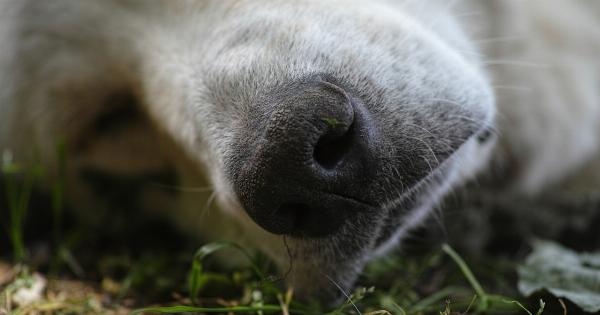Rhinorrhea, commonly known as a runny nose, is a condition that affects millions of people worldwide. It is characterized by the excessive production of nasal mucus, which can be quite bothersome and uncomfortable.
Rhinorrhea can be caused by various factors, ranging from allergies and infections to certain medical conditions. In this article, we will uncover the truth behind rhinorrhea, exploring its causes, symptoms, treatments, and preventive measures.
Causes of Rhinorrhea
There are several common causes of rhinorrhea, including:.
- Allergies: Allergic rhinitis, commonly known as hay fever, is a prominent cause of rhinorrhea. It occurs when the immune system overreacts to allergens such as pollen, dust mites, pet dander, or certain foods, triggering the production of excess mucus.
- Viral Infections: The common cold, flu, and other viral respiratory infections often lead to rhinorrhea. Viruses invade the upper respiratory tract, causing inflammation and increased mucus production.
- Sinusitis: Sinusitis, or sinus infection, occurs when the sinuses become inflamed and swollen, leading to mucus buildup and subsequent rhinorrhea.
- Nasal Polyps: These noncancerous growths in the nasal passages can obstruct airflow and cause chronic rhinorrhea.
- Environmental Factors: Exposure to irritants such as cigarette smoke, air pollution, strong odors, or cold weather can trigger excessive nasal mucus production.
Symptoms of Rhinorrhea
Rhinorrhea is typically accompanied by several other symptoms, including:.
- Nasal congestion or stuffiness
- Sneezing
- Itchy or watery eyes
- Sore throat
- Coughing
- Headache
- Facial pain or pressure
Treatments for Rhinorrhea
The treatment of rhinorrhea depends on the underlying cause. Here are some common treatment options:.
- Over-the-counter (OTC) Medications: OTC antihistamines, decongestants, and nasal sprays can provide temporary relief from rhinorrhea symptoms.
- Prescription Medications: In cases of severe allergies or chronic rhinorrhea, prescription medications such as corticosteroids or antihistamines may be recommended.
- Nasal Irrigation: Saline nasal sprays or rinses can help flush out excess mucus, providing relief from rhinorrhea.
- Surgical Interventions: If rhinorrhea is caused by nasal polyps or structural abnormalities in the nasal passages, surgery may be necessary to remove the obstruction.
Preventive Measures for Rhinorrhea
While it may not always be possible to prevent rhinorrhea, certain measures can help reduce the frequency and severity of symptoms:.
- Avoid Allergens: If you have allergic rhinitis, try to identify and avoid the allergens triggering your symptoms. This may involve staying indoors during high pollen seasons, using allergen-proof covers for mattresses and pillows, and keeping your living environment clean.
- Practice Good Hygiene: Wash your hands frequently, especially during cold and flu seasons, to minimize the risk of viral infections.
- Avoid Irritants: Limit your exposure to irritants such as cigarette smoke, air pollution, and strong chemicals.
- Keep Your Sinuses Moist: Use a humidifier to add moisture to the air, particularly in dry climates or during winter months, to prevent dry nasal passages.
- Eat a Balanced Diet: Consuming a diet rich in fruits and vegetables can bolster your immune system and reduce the risk of infections that may cause rhinorrhea.
Conclusion
Rhinorrhea, or a runny nose, can be a persistent and uncomfortable condition. It can be caused by various factors, including allergies, viral infections, sinusitis, nasal polyps, and environmental irritants.
Understanding the causes, symptoms, and available treatment options for rhinorrhea is essential for effective management. By taking preventive measures and adopting appropriate treatments, individuals can minimize the impact of rhinorrhea on their daily lives, ensuring better overall nasal health.




























